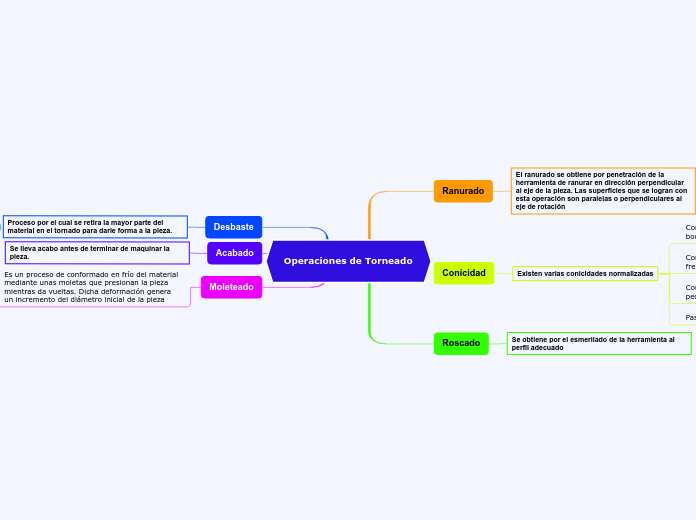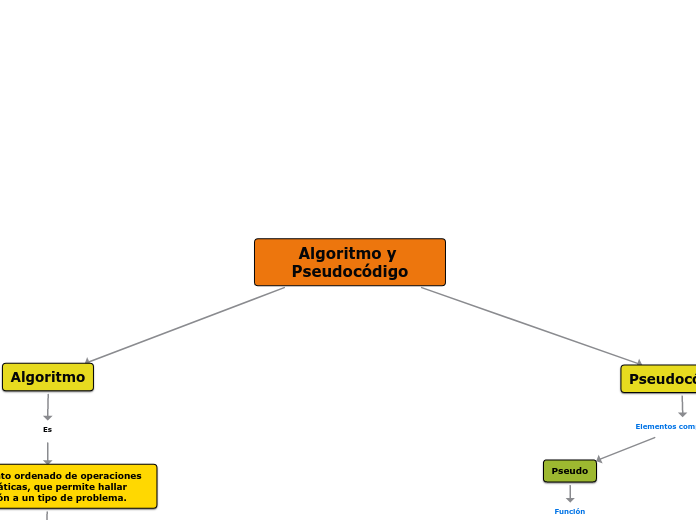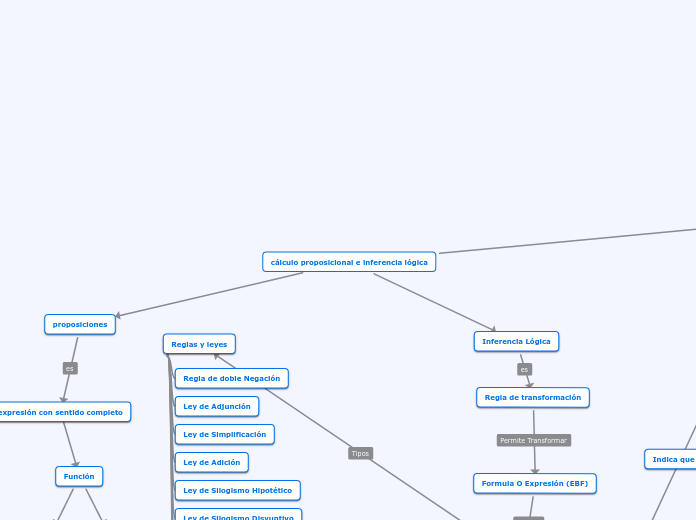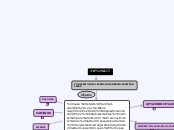Operaciones de Torneado
The part of speech is a category to which a word is assigned according to its syntactic functions. In English the main parts of speech are noun, pronoun, adjective, determiner, verb, adverb, preposition, conjunction, and interjection.
Moleteado
An interjection is used to express emotion in a sentence.
Think of other interjections!
Es un proceso de conformado en frío del material mediante unas moletas que presionan la pieza mientras da vueltas. Dicha deformación genera un incremento del diámetro inicial de la pieza
Acabado
An adverb is used to describe a verb, but it can also describe an adjective or another adverb.
Adverbs normally help paint a fuller picture by describing how something happens.
Se lleva acabo antes de terminar de maquinar la pieza.
Desbaste
A numeral is a word or phrase that describes a numerical quantity.
Some theories of grammar use the word 'numeral' to refer to cardinal numbers that act as a determiner to specify the quantity of a noun, for example the 'two' in 'two hats'.
Proceso por el cual se retira la mayor parte del material en el tornado para darle forma a la pieza.
Create sentences
First, second..
Roscado
An adjective is a word that's used to describe a specific noun and to provide more detail to the listener.
Se obtiene por el esmerilado de la herramienta al perfil adecuado
Superlative adjectives demonstrate a higher level of comparison between entities.
Conicidad
A noun is defined as a person, place, thing or idea. Proper nouns always begin with a capital letter. Common nouns, which are general words, such as 'cars,' are not capitalized.
Existen varias conicidades normalizadas
Compound nouns are words where two nouns have been stuck together to make a new noun. Compound nouns should be written as one word, without a hyphen.
Pasadores cónicos: usados como sujetadores
Conos jarno: usado por fabricantes de torno y pequeños equipos de taladro.
Cono brown: Usado en husillos de máquinas fresadoras.
Cono morse: empleado para zancos de brocas, boquillas y punto de torno.
Ranurado
A verb is an action word or 'doing' word that signifies movement in some way.
El ranurado se obtiene por penetración de la herramienta de ranurar en dirección perpendicular al eje de la pieza. Las superficies que se logran con esta operación son paralelas o perpendiculares al eje de rotación
An auxiliary verb helps the main (full) verb and is also called a 'helping verb.' With auxiliary verbs, you can write sentences in different tenses, moods, or voices.









